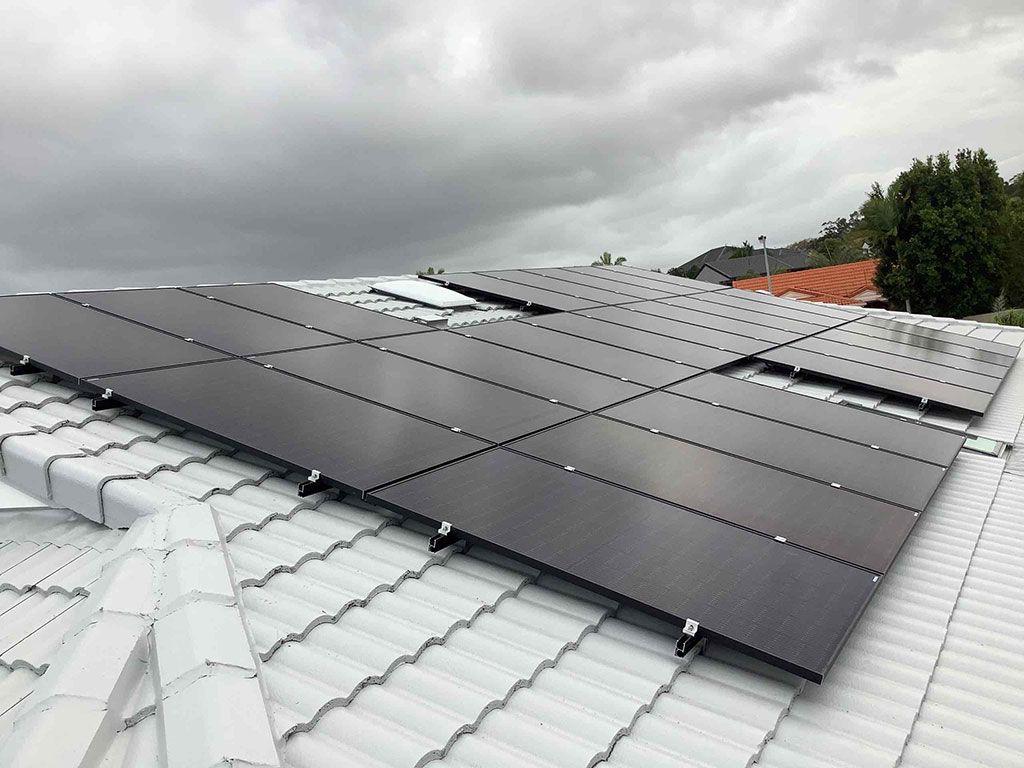
Many homeowners considering solar energy wonder whether their investment will pay off year-round, especially during cold winter months. Understanding how solar panels work on a house during winter is essential for making an informed decision about renewable energy. The good news is that solar panels in winter continue generating electricity effectively, often performing better than many people expect. Cold temperatures, clear skies, and even snowy conditions don’t prevent solar panels from producing clean energy for your home.
What are solar panels for if they can’t work in all seasons? Fortunately, this concern is unfounded. Modern photovoltaic systems are designed to operate efficiently throughout the year, including winter months. Solar panels how they work remains consistent regardless of season—they convert sunlight into electricity through the photovoltaic effect, which actually improves in colder temperatures.
The Relationship Between Solar Panels and Temperature
Contrary to common belief, solar panels actually perform more efficiently in cold weather. How does solar panel work in relation to temperature? The photovoltaic cells generate electricity from sunlight, not heat. High temperatures can reduce panel efficiency by causing increased electrical resistance within the cells.
Winter’s cooler temperatures allow panels to operate at optimal efficiency levels. While shorter daylight hours mean less total production time, the electricity generated during those hours is often more efficient per hour of sunlight. This temperature advantage partially offsets the reduced daylight duration that winter brings.
Do Solar Panels Work in Winter?
Yes, solar panels work in winter effectively. Does solar work in winter? Absolutely. The key factor is sunlight exposure, not warm temperatures. Winter days with clear skies and bright sunshine can produce significant electricity, sometimes approaching summer output levels on particularly sunny days.
Do solar panels work in the winter even when days are shorter? They do, though total daily production decreases compared to summer months due to fewer daylight hours. However, winter’s crisp, clear days often provide excellent sunlight quality. Many northern regions with cold winters actually rank among the top solar-producing states because of their abundant sunny days.
Do Solar Panels Work When Covered with Snow?
Do solar panels work when covered with snow? No—panels completely covered cannot generate electricity because sunlight cannot reach the photovoltaic cells. However, snow on solar panels typically doesn’t remain long. Panels are installed at angles that encourage snow to slide off naturally.
Does snow affect solar panels performance? While coverage blocks production temporarily, most solar panels covered in snow shed their white blanket quickly. Dark panel surfaces absorb heat, accelerating melting even on cold days. Additionally, solar panels and snow interaction often resolves itself within hours after snowfall ends.
Do solar panels work with snow on them partially? Yes—if only portions are covered, exposed areas continue generating electricity. Light snow dusting rarely causes complete coverage and may allow some sunlight penetration.
Do I Need to Clean My Roof or Panels from Snow?
Generally, no intervention is needed. Solar panels in snow naturally clear themselves due to their smooth surface and tilted installation angle. The panels’ dark surface attracts sunlight, warming them enough to melt snow from underneath, causing it to slide off.
Attempting to remove snow manually risks damaging panels or creating safety hazards. Most manufacturers advise against snow removal unless absolutely necessary. The temporary production loss during natural clearing typically doesn’t justify removal risks.
What Are the Benefits of Using Solar Panels in Winter?
Solar panels in winter offer several advantages. Higher efficiency due to cooler operating temperatures means better electricity generation per hour of sunlight. Winter’s lower sun angle can be beneficial for vertically-mounted panels or those on steep roofs. Additionally, winter often brings clearer atmospheric conditions, allowing more direct sunlight to reach your panels.
Winter production helps offset heating costs, which typically spike during cold months. Even with shorter days, consistent winter generation reduces grid dependence when energy bills are highest.
At AllSeason Solar & Roofing, we specialize in designing solar systems optimized for year-round performance throughout New Jersey and surrounding areas. Our expert team understands how to maximize winter solar production through proper panel placement, optimal tilt angles, and quality equipment selection. We help homeowners achieve reliable energy generation regardless of season. Contact AllSeason Solar & Roofing today for a free consultation and discover how solar energy can power your home efficiently through every season, including winter months.











